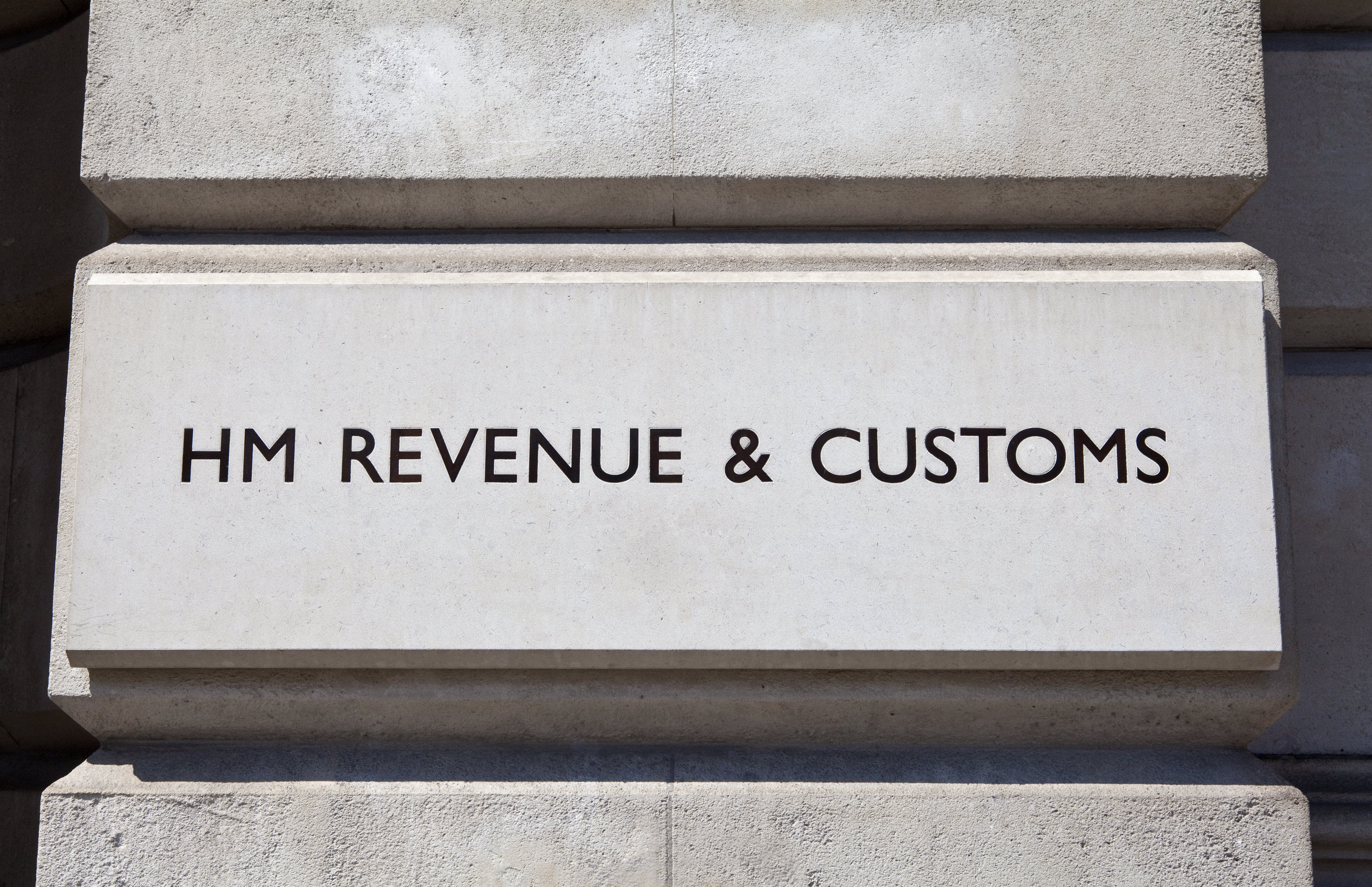Weekly Briefing: LLP Tax Reversal, UK Inflation Data, Lending Growth & Gold Price Rally
Read on for an in-depth look at this week’s stories: from a surprising surge in UK inflation and a pivotal reversal in LLP tax guidance to robust forecasts in lending growth and a bullish outlook on gold prices. Uncover 4 headlines from the past week that could shape the economic landscape in the months ahead - both at home and abroad.
UK Economy
Inflation Hits 10-Month High
- UK inflation climbed to a 10-month high of 3% in January, outpacing both December’s 2.5% and economists’ forecasts of 2.8%, according to the Office for National Statistics.
- This rise is said to be driven by a mix of factors: airfares fell less than usual for January, private school fees spiked after the imposition of VAT, and food and non-alcoholic drink prices edged higher.
- Services inflation, a key gauge for rate-setters, increased to 5% from 4.4% in December, while core inflation—excluding volatile sectors like energy and food—moved in line with expectations, reaching 3.7%.
- Economists like Ruth Gregory of Capital Economics noted that despite these increases, the Bank of England's reliance on factors such as subdued airfares may give it some leeway to continue gradual rate cuts, even as wage growth remains robust at 5.9% and GDP expansion remains tepid.
- Market sentiment has been mixed, with traders adjusting their bets on future rate cuts—now forecasting a 15% chance for a March move, down from 25%—as they weigh the inflation risks against a weakening economy.
- "The inflation data poses a headache for the Bank of England—balancing a weakened growth outlook with upward price pressures will be no easy task," observed Zara Nokes of JPMorgan Asset Management.
Lending Growth Set to Accelerate
- The latest forecasts from the EY ITEM Club reveal that UK mortgage lending is expected to more than double from 1.5% in 2024 to 3.1% in 2025, driven by falling interest rates and a slow revival in consumer confidence.
- In parallel, bank-to-business lending is projected to increase from 2.9% in 2024 to 4.5% in 2025—the strongest growth since 2020—even as the overall economic recovery remains modest with GDP growth forecast at 1% in 2025.
- Consumer credit demand is also set to remain healthy, with modest increases anticipated as households benefit from lower borrowing costs and stabilising inflation, despite headwinds such as rising house prices and persistent high mortgage rates.
- Dan Cooper, EY UK Head of Banking and Capital Markets, highlighted the positive outlook for the banking sector, noting that steady growth in lending could provide banks with crucial breathing space to pursue strategic priorities, including technological transformation.
- "The forecasted uptick in lending offers a silver lining for UK banks—a sign that, despite lingering uncertainties, both households and businesses are beginning to embrace a cautiously optimistic outlook," remarked Cooper, reflecting the industry's gradual recovery.
HMRC Reverses LLP Tax Guidance Amid Backlash
- Following strong lobbying and widespread concern within the private equity industry, HMRC has reversed its guidance on the taxation of members in limited liability partnerships (LLPs), a move welcomed by professional bodies.
- The controversy originally stemmed from 2014 rules and a 2024 guidance that threatened to reclassify LLP members as employees if they made large capital contributions—a change that could have triggered a 13.8% National Insurance charge, set to rise to 15% in April.
- Critics argued that HMRC’s earlier stance equated genuine commercial investments with tax avoidance, causing significant uncertainty and backdated tax claims that many firms had already prepared to contest.
- In a bid to restore confidence and repair relations with businesses following the 2024 autumn Budget backlash, HMRC clarified that the anti-avoidance rule would not apply if the capital contributions were genuine, enduring, and involved real risk.
- "This reversal marks a crucial win for the industry—ensuring that legitimate investments are not unfairly penalised and restoring a much-needed sense of certainty," stated Christopher Thorpe from the CIOT.
Global Investing
Gold Price Outlook Revised Upward by Goldman Sachs
- In a bullish move, Goldman Sachs raised its year-end 2025 gold price forecast to $3,100 per ounce from $2,890, citing sustained central bank demand and a gradual boost in ETF holdings as the funds rate declines.
- The bank expects that structurally higher central bank demand—now revised upward to 50 tonnes per month from 41 tonnes—could add approximately 9% to the gold price. Under a scenario of normalized investor positioning, prices could even edge higher to $3,200 per ounce if monthly purchases average 70 tonnes.
- Goldman Sachs also noted that if policy uncertainty persists—stemming from factors like tariff concerns and fiscal risks, gold could surge as high as $3,300 per ounce, with additional upside if U.S. debt sustainability fears intensify.
- Emphasising its "Go for Gold" trading recommendation, the bank argued that while a drop in uncertainty might lead to a tactical price pullback, long positions in gold remain a strong hedge amid potential recessionary threats and inflation fears.
- "In an environment of persistent policy and fiscal risks, gold stands out as a resilient asset—its rising demand from central banks underscores the precious metal’s role as a safeguard in turbulent times," explained Goldman Sachs.
As this week’s developments illustrate, the tension between policy intervention and market forces continues to shape our economic landscape.
From persistent inflation and a pivotal reversal in LLP tax guidance to robust lending forecasts and an optimistic gold price outlook, each story underscores the delicate balance required to sustain stability while fostering the long-term growth we seek, both in investment portfolios and the wider economy.
Over the coming weeks and months, we’ll see how the Bank of England tackles inflation with its next rate decision (20th March). We'll keep you informed with the context and analysis needed to navigate this ever-changing environment.
%20(3)%20(2).jpg)






